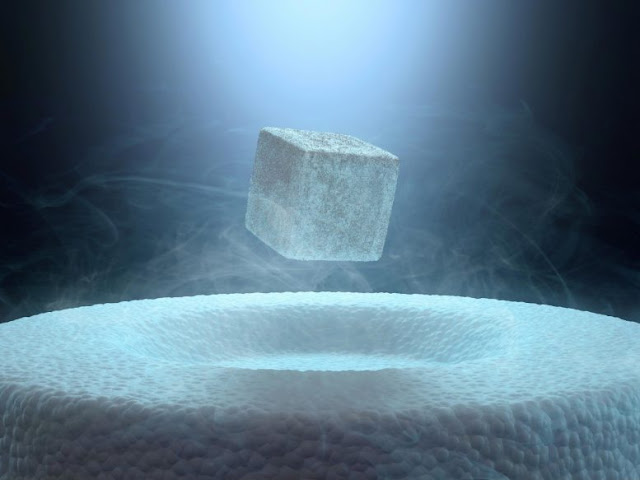Study led
by Kent and the STFC Rutherford Appleton Laboratory has concluded in the
discovery of a unique rare topological superconductor, LaPt3P. This discovery
may be of massive significance to the future operations of quantum computers.
Superconductors
are vital materials capable of conducting electricity without any resistance
when cooled under a certain temperature, making them extremely desirable in a
society needing to decrease its energy consumption.
They
manifest quantum properties on the basis of daily life objects, making them very
attractive contenders for building computers that use quantum physics to store information
and execute computing operations, and can massively outperform even the finest
supercomputers in certain tasks. As an outcome, there is a high demand from
leading tech companies e.g. Google, IBM and Microsoft to make quantum computers
on an industrialized scale using superconductors.
Still, the
elementary units of quantum computers (qubits) are very sensitive and lose
their quantum properties because of electromagnetic fields, heat, and impacts
with air molecules. Safety from these can be accomplished by making more
resilient qubits using a different class of superconductors known as
topological superconductors which in addition to being superconductors also
host shielded metallic states on their limitations or surfaces.
Topological
superconductors, such as LaPt3P, recently discovered over muon spin relaxation
experiments and wide-ranging theoretical analysis, are remarkably rare and are
of incredible value to the upcoming industry of quantum computing.
To guarantee
its properties are sample and instrument independent, two different sets of models
were arranged in the University of Warwick and in ETH Zurich. Muon experiments
were then executed in two separate types of muon facilities: in the ISIS Pulsed
Neutron and Muon Source in the STFC Rutherford Appleton Laboratory and in PSI,
Switzerland.
Dr. Sudeep
Kumar Ghosh, Leverhulme Early Career Fellow at Kent’s School of Physical
Sciences and Principle Investigator told: ‘This discovery of the topological
superconductor LaPt3P has incredible potential in the field of quantum
computing. Discovery of such a unique and anticipated component reveals the
importance of muon research for the daily world around us.’
Reference:
“Chiral
singlet superconductivity in the weakly correlated metal LaPt3P” by P. K.
Biswas, S. K. Ghosh, J. Z. Zhao, D. A. Mayoh, N. D. Zhigadlo, Xiaofeng Xu, C.
Baines, A. D. Hillier, G. Balakrishnan and M. R. Lees, 4 May 2021, Nature
Communications.





0 Comments